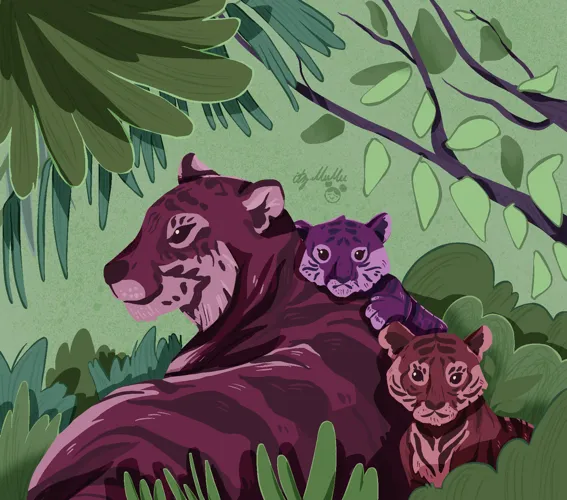Collect Art Support Conservation
Our soft tapestry throw blankets are more than just cozy—they're a way to create memories and inspire empathy. Featuring artist original artwork, each design supports wildlife conservation efforts while sparking creativity and compassion in young hearts. Created by a loving mom who is also an illustrator and author, these blankets blend art, purpose, and warmth to bring joy to your home.
10% Of Our Profits Go To Our Favorite Charities!
EARLY BIRD ACCESS TO NEW DESIGNS
Subscribe Now Get Early Access To Our 20%off sale!
OUR CREDENCE





Empowering Nature Lovers
Hi I'm Aysa Zebekow, a mom of 2 and I am an illustrator who loves colors and to create fun playful illustrations with wildlife and conservation in sustainable fashion. I love using bold colors both in my designs while trying to connect feelings of joy, love, and nostaglia for our plant. I hope to create art that connects people and our plant and to each other see for yourself by clicking my portfolio.
Our mission is simple:
We Believe It Is Easy to Love Animals When Covered In A Warm Hug!
Frequently Asked Question

Why Soft Woven Throw Blankets?
Soft woven throw blankets are versatile, easy to love, and perfect for creating memories. Whether for picnics, sunbathing, cozy couch moments, or as wall art, their huggable fabric and artistic designs bring warmth and joy to everyday life.
Why Downloadable?
They’re a great way for us to lower our carbon footprint! As well for you to get instant access to your product!
How Do You Support Conservation
10% of profits from each item sold is donated towards conservation efforts. Discover about my favorite charities here.
What is Your Goal?
Our goal is to be able to plant 10 trees per purchase in addition to donating 10% of our profits to our favorite charities. Only 60 purchases left to reach it! Join us on this mission!
Do You Offer Refunds?
All Returns and Exchanges Guaranteed and must be made within 30 days of purchase, at own expense. All items must be in their original condition, packaging, and arrive back to us undamaged. Please email [email protected] to initiate a return.
About Us
Drawing to Inspire A Generation of Nature Lovers
Together We Thrive, Connections Keep Us Alive
Soft Woven Blanket Giveaway +Free Digital Postcard
Receive Giveaway Winner Announcements, Exclusive Product Releases, Offer Discounts, Design Inputs, Get to Know the Artist
SIGN UP TO RECEIVE OUR FREE COLORING PAGES AND WORD PUZZLES
Blog Updates, Exclusive Product Announcements And Behind the Scenes
Copyright© 2025 itzMumu - All Rights Reserved.





